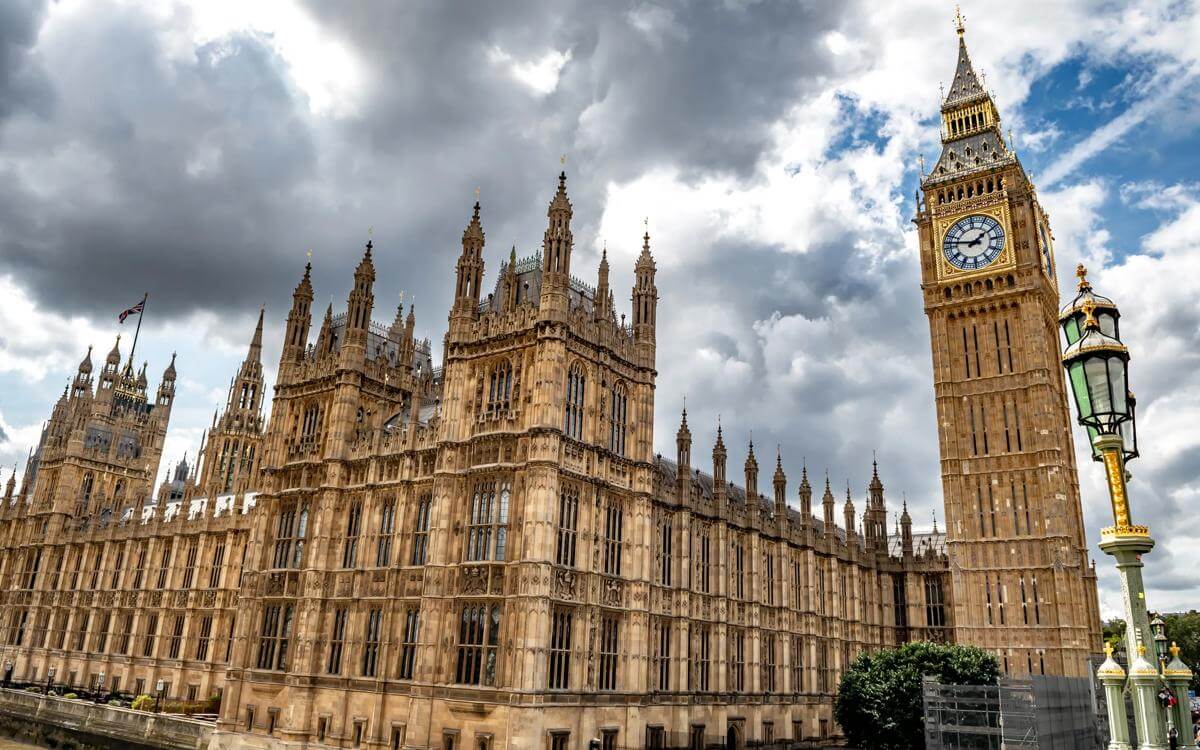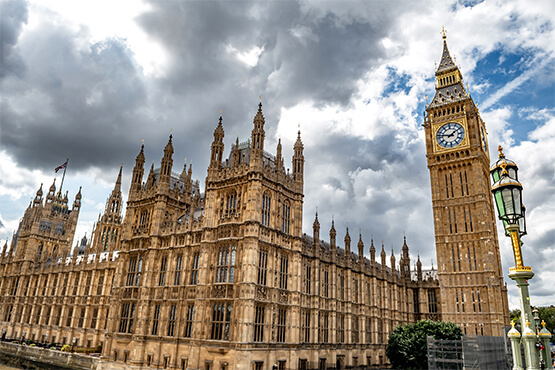The Levelling Up White Paper: who has the real power?
Devolution & reorganisation are key themes, but will it empower local governments to have a real say in the future of their communities?
One of the most consistent themes that has emerged in the few weeks since the Levelling Up White Paper was published, is the amount of centralisation in power and resources in the UK, compared to other countries, particularly in the EU. This is acknowledged in the White Paper and there is certainly an intent there to address the perceived problems that come from that, including:
- the lack of progress in improving productivity;
- the huge inequalities in socio-economic progress and success and;
- the inability to adapt quickly to changing circumstances.
- It’s no secret that local government has waited a long time for the White Paper, and in the period between September 2020, when we were first anticipating the “Reorganisation White Paper” (as it was then known), and now, many things have happened. These happenings need to be taken into account when considering how to take forward certain aspects of the White Paper as it is now.
Devolution and reorganisation is a big one. We have moved away from any requirement to reorganise before being given a devolution deal, well partly. The very helpful Devolution Framework at Table 2.3 of the White Paper shows clearly that the farther down the devolution path an area goes, the more powers (and therefore funding) will be devolved. Some areas of England will be delighted that there is the possibility of gaining Level 3 devolution while still being a two-tier area. The main pre-requisite is a directly elected mayor. This takes devolution out of the metropolitan cities and allows any part of the country to consider it. We look forward to seeing some exciting plans emerging for things such as local transport networks and more regionally focussed skills training to support local business sectors.
There is going to be a significant amount of accountability back to central government as the quid pro quo for devolution, which does seem to run against the grain of true devolution. There will be additional devolution elements to the Local Government Accountability Framework as well as a new data body established to gather and share data that makes local government more transparent to its citizens. Citizens should be absolutely plugged into what their local authorities are doing but is a central repository the right way and where is the autonomy in that?
The 12 missions set out in the White Paper (in areas such as prosperity, education, connectivity, health, wellbeing) and the larger number of underlying measures, will offer a consistent ‘dashboard’ view of performance in levelling up regions. While some concern has been expressed that this does not address disparities between places and neighbourhoods, or groups of citizens, this can be justified as respecting subsidiarity, and trusting local government to level up its own patch. The greater concern should, perhaps, be that it assumes priorities are the same everywhere – they almost certainly are not.
There is also a need to be clear on the purpose of the missions. If, like the example of the US space programme’s moonshot (putting considerable effort and resources into focussing in a single outcome as quickly as possible), given in the paper, they can be used to align central government departments, local government and other players behind a strategical outcome then this can help keep policy, planning and resource focused, in order to maximise returns. Last year the National Audit Office (NAO) report on Local government and net zero in England recognised the importance of such alignment (and the need for improved alignment in the net zero-mission).
But we also see comparison in the paper with the Covid-19 vaccination drive. Whatever you view on the need for or the success of the vaccination drive, it is clear that some communities saw it and other Covid measures as something imposed on them. Imposing missions, values and outcomes is not a recipe for levelling up.
Going back to things that have changed since September 2020, we do of course now know the shape of Integrated Care Systems (ICS) and it will be imperative that discussions around functioning economic areas include consideration of local ICS footprints and the role of local government in those. The desperate need to improve social care across the board means that any improvements through devolved powers and funding for health and social care activities must be a key part of an Integrated Care Strategy and vice versa. However, here again, we have seen in the most recent white paper that by 2023, there is an intention to require compliance with a set of national priorities.
So, while we see moves here which suggest an intention towards political decentralisation, there is also a sense that the promised autonomy associated with this is already being constrained by a web of missions and measures which, directly or indirectly, bake-in at least a decade worth of priorities.
This is not to say that the missions or measures lack merit, but in a context of finite resource, well intentioned measures can impact prioritisation. There is a risk that, whatever devolution structures are adopted, over-prescription of targets could lead to little more than delegation. This is not just a challenge for political leaders in places and regions, but also goes against the grain of community empowerment. If communities are to have a real say in the future of their neighbourhoods and places, as part of the levelling up project, then that must include a say in the destination, not just the routemap to a predetermined outcome.
Levelling up and the ICS project are often related to experiences of collaboration and partnership working at pace during Covid and set out as a way of building on this. Perhaps we also need to build on what we learned during the pandemic about the power of creative tension, to achieve better outcomes. Empowered local government, offering a strong voice for communities, could and should be the real legacy of levelling up.
Anja Beriro and James Arrowsmith are partners at Browne Jacobson.
This was first published on the Local Government Lawyer on 28th Feb 2022.
Contact

Anja Beriro
Partner
anja.beriro@brownejacobson.com
+44 (0)115 976 6589








































